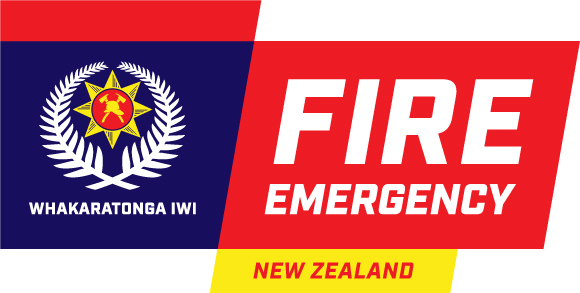

 National Headquarters
National Headquarters
Fire and Emergency New Zealand
National Headquarters
Spark Central, Level 7
42-52 Wil is Street
Wel ington Central
Wel ington 6011
Phone +64 4 496 3600
29 March 2023
Harwood Wilson
By email: [FYI request #21957 email]
Tēnā koe Harwood
Information Request – Chatham Islands
I refer to your official information request dated 1 March 2023 asking for information relating to
communications between our Communication centres and the Chatham Islands
.
In accordance with the provisions of the Official Information Act 1982 (OIA), please find below a
response to your request.
1. How are the Chatham Island brigade dispatched for incidents in terms of station alert and
pager?
There are currently three alerting systems which are used to turn out the Chatham Island
Volunteer Fire Brigade.
1. Double ended siren - located at the Fire Station.
2. Infill paging system - located at Pukekio site. Tone alert pagers are carried by the Brigade
members.
3. Availability and Messaging System (AMS) - turnout alert and call details sent directly to the
brigade members cell phones, via the cellular network providers on the Island.
There are three turnout methods that can be used to activate the alerting systems above, which
are:
1. Station is turned out directly by Fire and Emergency Communication Centres based in New
Zealand, on receipt of a “111” call. This method activates the double ended siren, infill
paging system and AMS alert system.
2. Station is turned out directly by members of the local public ringing a dedicated landline
number and leaving a message of the call details. This method automatically activates the
double ended siren and infill paging system.


3. Station is turned out directly by members of the local public pressing the manual call point
button on the front of the station building. This method activates the double ended siren
and infill paging system.
2. What contingency plans are in place if either of the first methods of dispatch fails?
If the first two turnout methods above fail, the front of Station cal point would then need to be
used to alert the Brigade.
3. What types of FENZ voice communications channels do you have between the Chatham Island
vehicles and comms centers? please give reasonable information on how they work
There are currently no dedicated Fire and Emergency voice communications channels setup
between the Chatham Island appliances or station and the Fire and Emergency Communication
Centres in Auckland, Wellington, and Christchurch.
4.
Are there any other types of non FENZ communications channels available to the Chatham
Island vehicles to communicate back to the comms centers?, please provide a response on your
contingency plans regardless of who the provider might be.
Yes. There are currently cell phones instal ed to enable voice communications between the
vehicles and the Fire and Emergency Communication Centres on the mainland. There is also a Fire
and Emergency satellite phone available on the Chatham Islands. Fire and Emergency have
recently engaged a contractor to investigate the possibility of using a satellite service to activate
the station siren and pagers from any of the three Fire and Emergency Communications Centres to
turn out the Chatham Island Volunteer Fire Brigade.
5. Given that I believe the Chatham Islands is now dispatched from the main land, is there any
capacity for 111 calls from the Chatham's to be handled locally? Although you are not
responsible for the Spark aspect of routing 111 cal s, please provide a response on your
contingency plans.
There currently is no capacity for 111 calls to be managed locally, however, there is a local
dedicated landline number stil active, which wil provide turnout for the Chatham Island
Volunteer Fire Brigade.
To turnout the Brigade locally:
1. Station is turned out directly by members of the local public ringing a dedicated landline
number and leaving a message of the call details. This method automatically activates the
double ended siren and infill paging system.
2. Station is turned out directly by members of the local public pressing the manual call point
button on the front of the station building. This method activates the double ended siren
and infill paging system.
You have the right to seek an investigation and review by the Ombudsman of this decision.
Information about how to make a complaint is available
at www.ombudsman.parliament.nz or
freephone 0800 802 602.


 Note also that this response (with your personal details removed) may be published on the Fire and
Emergency website.
Note also that this response (with your personal details removed) may be published on the Fire and
Emergency website.
Nāku noa nā
Julia McCook-Weir
Manager, Information Requests
encl







